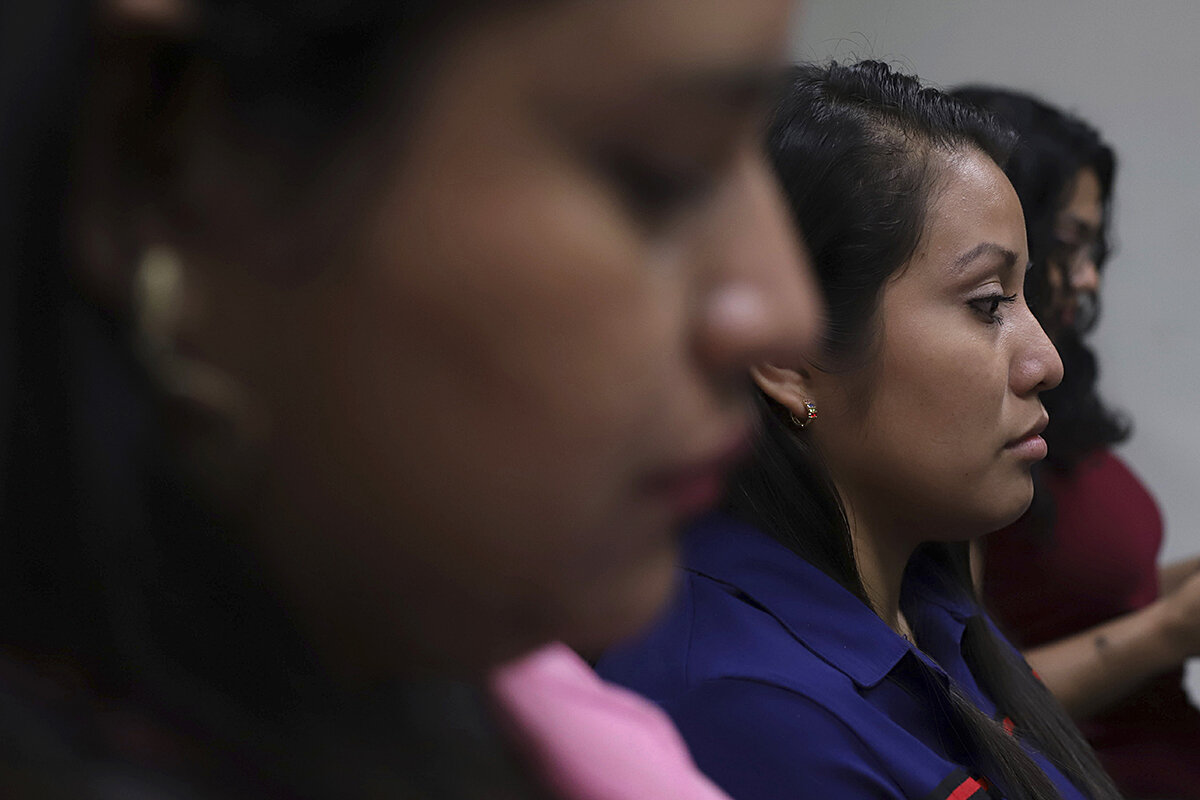Choosing between justice and freedom

 Whitney Eulich
Whitney Eulich
Several years ago I lost a pregnancy at about 13 weeks. I’ve thought about that day over the years for all the obvious, sad reasons. But also because of one big “what if”: I had initially planned to be reporting in El Salvador that week.
Scores of women have been imprisoned following miscarriages in El Salvador, accused of murder under the country’s strict abortion laws. What would I have done if my trip dates hadn’t changed? Would I have been able to find a compassionate doctor?
Fleeing the country, which is likely what I would have done, isn’t a privilege most Salvadoran women have. Certainly, it hadn’t been on offer for the women defended by Dennis Muñoz, the human rights lawyer profiled among today’s stories. Mr. Muñoz has dedicated his career to fighting for lost causes – the cases hardest and often riskiest to defend in El Salvador, whether due to draconian laws or the social or economic standing of his clients.
El Salvador’s story of injustice goes far beyond reproductive rights – and Mr. Muñoz’s work underscores that. He told freelance reporter Nelson Rauda Zablah that it feels increasingly like the justice system is designed “to convict.”
For more than a year and a half, El Salvador has been under a so-called state of exception. The rule suspends the constitutional rights of anyone arrested, going beyond the gang-related cases it is meant to apply to.
Homicide rates have fallen dramatically. There’s a new sense of freedom and safety as a result. But there’s also the risk of arrest, which the state of exception says can take place without explanation.
In theory, one shouldn’t have to choose between justice and freedom, but that’s an increasingly common point of tension in Latin America today.
I can see the short-term appeal of giving up some rights in return for more freedom, but not everyone has a Mr. Muñoz to defend them.





